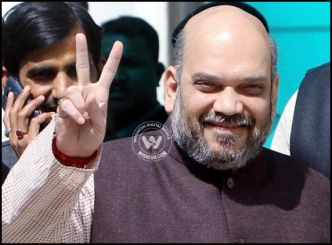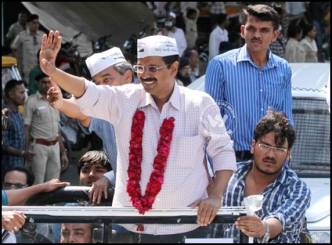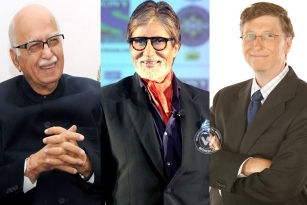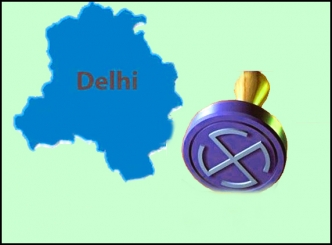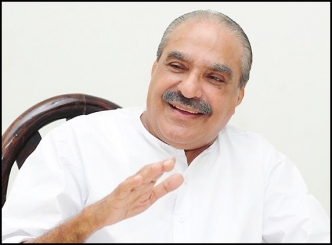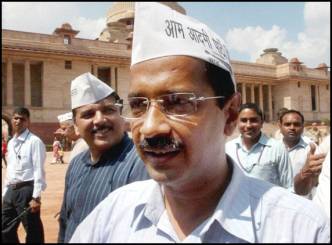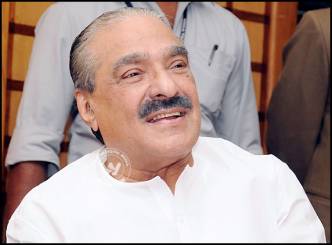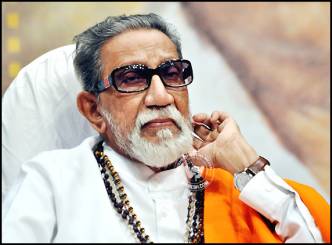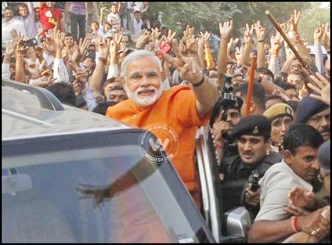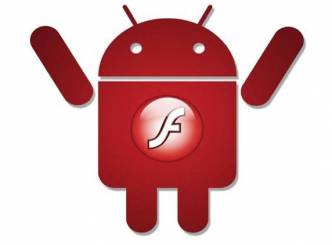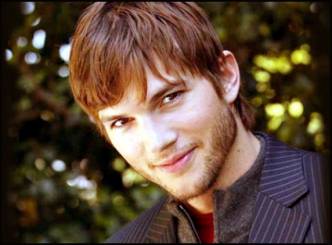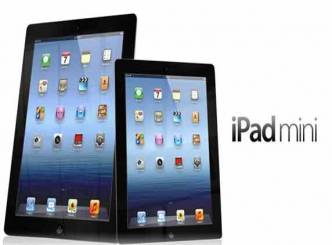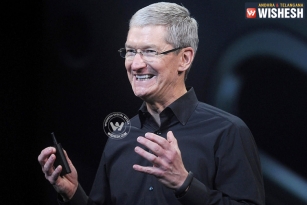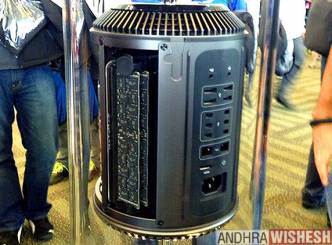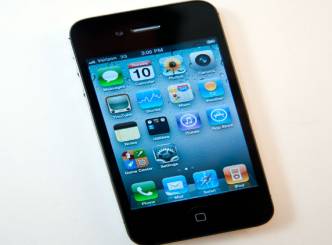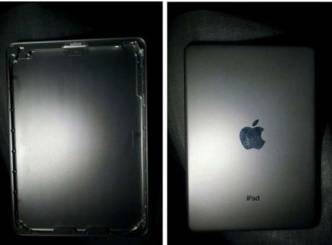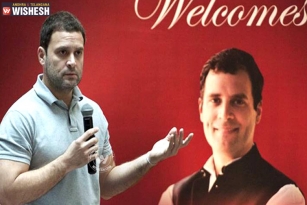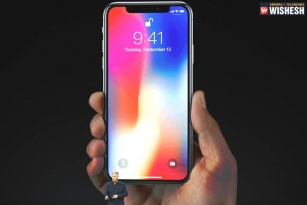
 Steve Jobs (SJ) one of the fathers of the personal computing era and the founder of Apple, died on October 05, at the age of 56, tech world was mourning. Steve was a pancreatic cancer survivor and had undergone a liver transplant several times in 2009. He stepped down as Apple CEO in August, handing over the reins of the company to Tim Cook.
Steve Jobs (SJ) one of the fathers of the personal computing era and the founder of Apple, died on October 05, at the age of 56, tech world was mourning. Steve was a pancreatic cancer survivor and had undergone a liver transplant several times in 2009. He stepped down as Apple CEO in August, handing over the reins of the company to Tim Cook.
SJ helped create the iPhone, the iPad, the iMac, and iTunes. His products have also made life easier for many Jugglers, allowing people to essentially carry their digital lives with them in the form of the iPhone and iPad, saving time and allowing people to multitask more efficiently.
His remembered quote to all is, we’re born, we live for a brief instant, and we die. It’s been happening for a long time. Technology is not changing it much — if at all. Your time is limited, so don't waste it living someone else's life. Don't be trapped by dogma -- which is living with the results of other people's thinking. Don't let the noise of others' opinions drown out your own inner voice.
Just overheard a computer savvy son says to his dad about the great icon you know Dad, Steve Jobs was to our generation what Alexander Graham Bell and Thomas Edison were to previous generations. Probably summing up everything in one word he was right!!!!!!
The Indian Prime Minister Dr. Manmohan Singh said I am deeply saddened to learn of the demise of Steve Jobs. He was truly an innovative man and taught us new ways to connect and communicate, in his condolence message.
A visionary, a pioneer and a genius Steve jobs (SJ) was born on 24 February in 1955. Steve’s biological parents were Abdulfattah John Jandali, a Syrian Muslim immigrant to the U.S., and Joanne Schieble (later Simpson), an American graduate student of Swiss and German ancestry. But he was adopted by the family of Paul Jobs and Clara Jobs of California.
He frequented after-school lectures at the Hewlett-Packard Company in Palo Alto, California, and was later hired there, working with Steve Wozniak as a summer employee. Although he dropped out from Reed College after only one semester, he continued auditing classes at Reed, while sleeping on the floor in friends' rooms, returning Coke bottles for food money, and getting weekly free meals at the local Hare Krishna temple, at Cupertino. SJ later said, "If I had never dropped in on that single calligraphy course in college, the Mac would have never had multiple typefaces or proportionally spaced fonts." In 1974, he took a job as a technician at Atari, a manufacturer of popular video games, with the primary intent of saving money for a spiritual retreat to India.
He was a thorough pursuer of knowledge and did not find peace till he resolved the issues of confusion. He then travelled to India with a friend in search of spiritual enlightenment. The visit transpired on him the essence of life. He returned as a Buddhist with a clean head shave and a rejuvenated man with much vigour, probably one of the few most important things done in his life. It was in India that he was exposed to multi-culturalism which influenced his entrepreneurial thinking that shaped Apple’s future. If first impressions are very difficult to dislodge, SJ studied avoidance of India for most of his working life can probably be traced to his first tryst with the country. After his India trip, he concluded: We weren’t going to find a place where we could go for a month to be enlightened. It was one of the first times that I started to realise that maybe Thomas Edison did a lot more to improve the world than Karl Marx and Neem Kairolie Baba put together.
SJ's brilliance, passion and energy were the source of countless innovations that enrich and improve all of our lives. Steve was 21 when he founded Apple with Steve Wozniak in 1976, working out of that greatest of American launch venues: a garage. Apple became the world's most valued company in 2011, beating oil giant Exxon. They assembled and sold computers. While Jobs was a persuasive and charismatic director for Apple, some of his employees from that time had described him as an erratic and temperamental manager. Apple introduced the Macintosh in 1984, which became the first commercially successful small computer with a graphical user interface. In May 1985 because of his significant decision to layoffs due to dwindling sales at the time brought discontent among many in the company and he was relieved of his duties as head of the Macintosh division.
He later claimed that his dismissal was a blessing in disguise from a stalwart to a beginner and he founded NeXT Computer in 1985 with $7 million. Due to no competitive product on hand and finances reaching reserves he approached a venture capitalist. That’s how he came across the billionaire Ross Perot who invested heavily in the company. The NeXT workstation was known for its technical strengths, chief among them its object-oriented software development system. NeXT was taken over by Apple in 1996. With this SJ was the defacto CEO of the new formed company out of this merger.
In 1986, Jobs bought The Graphics Group (later renamed Pixar) and contracted with Disney to produce a number of computer-animated feature films, which Disney would co-finance and distribute. After fifteen years of partnership and many notable films to the credit of the joint venture they had a rough patch working together but later the embroiling cooled away as the management of Disney changed hands. In 2006 Disney took over Paxar making SJ the largest single shareholder with approximately 7% of the company's stock, of The Walt Disney Company, he later become the director of the company.
On June 29, 2007, Apple entered the cellular phone business with the introduction of the iPhone, a multi-touch display cell phone, which also included the features of an iPod and, with its own mobile browser, revolutionized the mobile browsing scene. SJ was both admired and criticized for his consummate skill at persuasion and salesmanship. In August 2011, Jobs resigned as CEO of Apple, but remained at the company as chairman of the company's board. The impact and belief of the investors in SJ’s abilities was so huge that just hours after his resignation Apple lost by 5% and in Disney where he was the director lost by 1.5%, in capital markets.
He was totally a different man with different perceptions, with it boom on in India lot of multinational walked into the country. In the mid-2000s Apple Computer Inc. had shelved plans to build a sprawling technical support center in Bangalore, even as IBM and other tech powers are ramping up.
Astonishing but true SJ is listed as either primary inventor or co-inventor in 338 US patents or patent applications related to a range of technologies from actual computer and portable devices to user interfaces.
SJ married Laurene Powell on March 18, 1991. The couple has a son and two daughters. Jobs also has a daughter, Lisa Brennan-Jobs (born 1978), from his relationship with Bay Area painter Chrisann Brennan.
He clearly, carried his late teens India baggage with him all his life. This is why even when he launched his world-beating products, India was nowhere in his strategic thinking. He treated India market totally different and he ended up pricing his products higher in India than elsewhere. But India will miss one of its, silent admirers or critics forever. Because in India, we assess a person not by his intentions but by his intelligence and compassion for him is nevertheless inspite of his dissent, we still love him and miss him. May his soul rest in peace.




